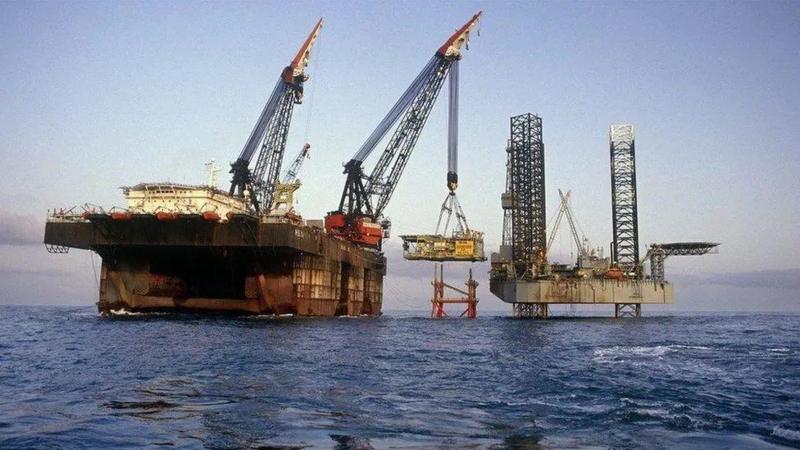JUSTIÇA DE SÃO PAULO DETERMINA QUE O MUNICIPIO AUTORIZE A EXPEDIÇÃO DE NOTAS FISCAIS ELETRÔNICAS.
9 de fevereiro de 2024
Por que Rússia deve crescer mais do que todos os países desenvolvidos, apesar de guerra e sanções, segundo o FMI
18 de abril de 2024High quality global journalism requires investment. Please share this article with others using the link below, do not cut & paste the article. See our Ts&Cs and Copyright Policy for more detail. Email ftsales.support@ft.com to buy additional rights. http://www.ft.com/cms/s/0/3da76f5a-0bcc-11e1-9861-00144feabdc0.html#ixzz1dPaCi13r
The crisis in the eurozone is playing havoc with third-quarter corporate earnings in Brazil and other emerging markets, as companies with international debt and commodity exporters book losses to account for a plunge in the local currency.
Concern about the eurozone led to a fall of about 15 per cent in the value of Brazil’s currency, the real, against the dollar in the quarter ending September 30. This led companies such as Braskem, Latin America’s biggest petrochemical producer, to mark to market the cost of their foreign debt.
High quality global journalism requires investment. Please share this article with others using the link below, do not cut & paste the article. See our Ts&Cs and Copyright Policy for more detail. Email ftsales.support@ft.com to buy additional rights. http://www.ft.com/cms/s/0/3da76f5a-0bcc-11e1-9861-00144feabdc0.html#ixzz1dPaFDHhg
“You had this frenzy for emerging market corporate debt in the first and second quarter and a lot of these companies were able to source attractive financing in dollars at pretty much historically low interest rates,” said Bret Rosen, senior credit strategist for Latin America with Standard Chartered Bank in New York.
The market is now bracing for results on Friday from Petrobras, Brazil’s bellwether stock, which is also expected to also show a foreign exchange loss.
Companies around the world that had taken on dollar debt are reporting similar losses, including those in India, Singapore, Canada and Russia.
While the losses are mostly on paper only and do not immediately affect cash flow, persistent foreign exchange weakness will raise the cost of debt servicing.
Shares of the Noble Group, a Hong Kong-based and Singapore-listed commodities supplier, fell as much as 28 per cent on Thursday after it went into the red in the third quarter for the first time in more than a decade, partly on foreign exchange losses.
In Brazil, a host of companies have reported losses for the quarter ended September 30 compared with a year earlier that have exceeded analysts’ expectations as the sudden reversal of the real caught the market by surprise.
Braskem on Thursday reported a quarterly net loss of R$1.046bn compared to a R$532m profit a year earlier, as it incurred a R$2bn financial loss partly due to the impact of foreign exchange fluctuations on its debt, which is 70 per cent dollar-denominated.
Foreign exchange losses have also been reported in the last quarter by Vale, the world’s second-largest miner; Tam, Brazil’s leading airline; Embraer, the country’s aircraft producer; and Cosan, a producer of sugar and ethanol in partnership with Royal Dutch Shell.
While Vale also reported weaker demand from China for its iron ore, the financial losses at other companies disguised some solid results, with Cosan’s quarterly sales rising 44 per cent to R$6.8bn.
Analysts said the impact of the present currency volatility was not expected to be as severe as in 2008, when an even more severe depreciation of the real against the dollar drove several Brazilian companies in financial difficulty.
“We don’t get the sense that you have the same type of corporate exposure in 2011 that you had in 2008,” Mr Rosen said.
